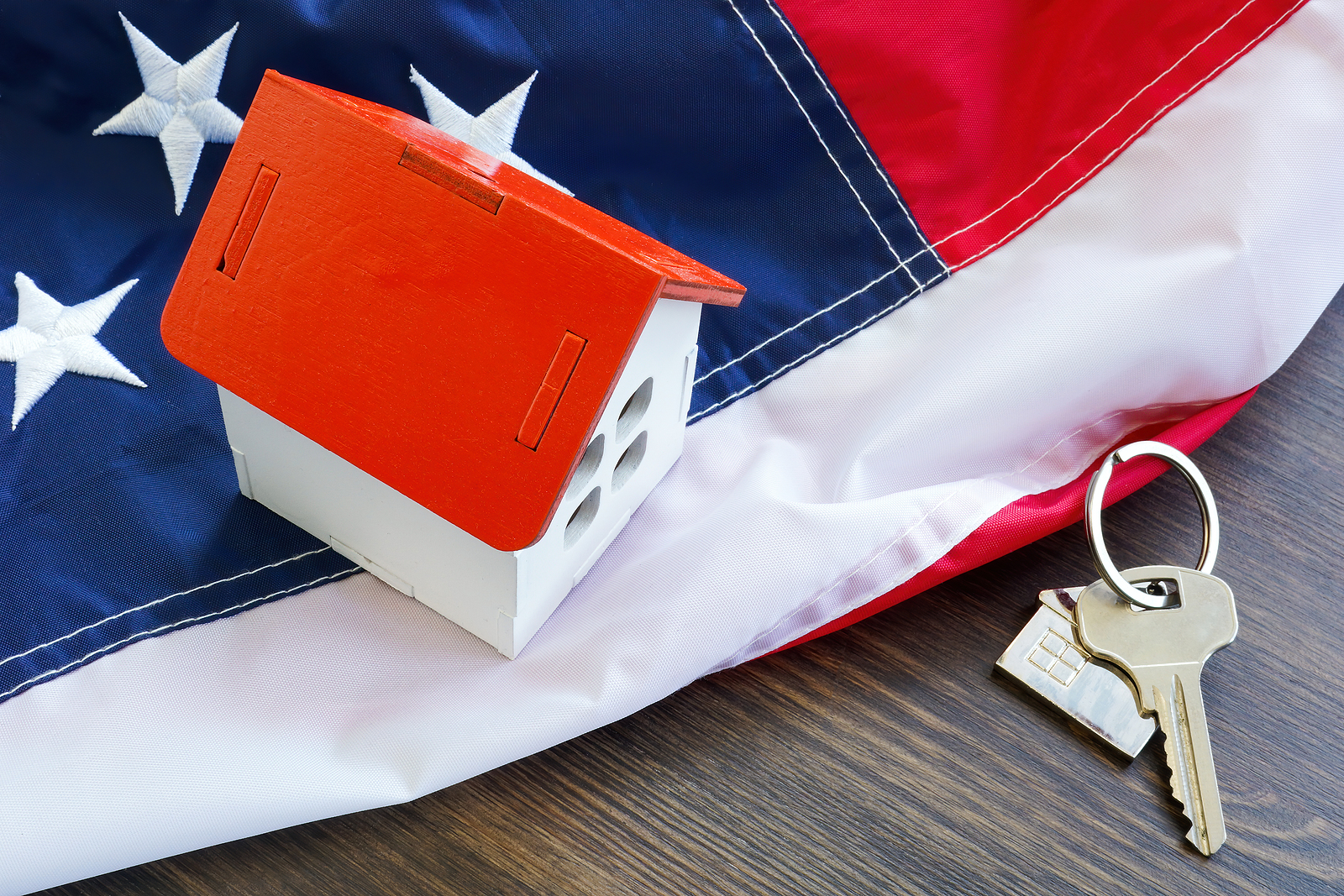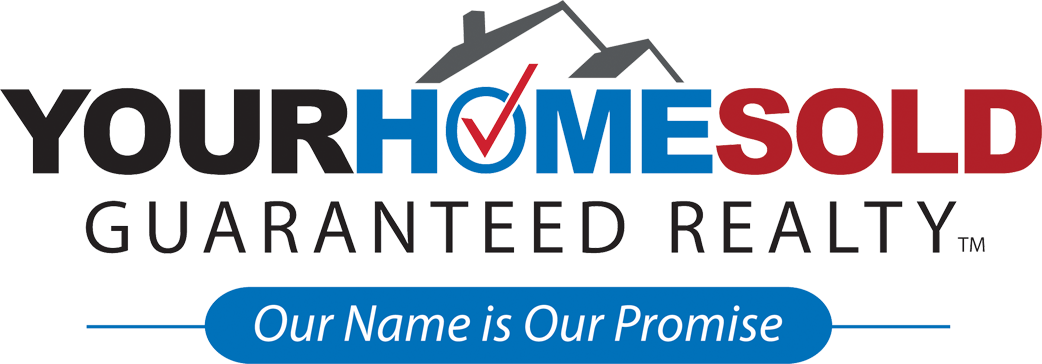From the high (and going higher) cost of food to escalating energy bills, budgets are being destroyed across the country. And being able to shop at the commissary doesn’t offer much of a break to our military heroes either.
While inflation is impacting most Americans, veterans are being particularly hard-hit. More than 25% of veterans who purchased a home with a VA mortgage in 2022, are underwater on that mortgage, meaning they owe more than their home is worth. (Black Knight, Inc.)
Should you fight to stay in your home or throw in the towel and give it up? This is just one of the many questions faced by millions of homeowners who, for a number of reasons, find themselves at the end of the month with not enough money to pay the mortgage.
If you have a mortgage backed by the U.S. Department of Veterans Affairs (VA), and you can no longer make your payments, you have several options.
Your lender should notify you as soon as you go into default. This is the time to work with the lender to bring your loan up to date. Once you’ve missed two payments, the lender is required to notify the VA.
Before that occurs, call a VA Loan service representative for assistance. The best number to call is 1-877-827-3702, between 8:00 am to 6:00 pm EST.
Be prepared to tell the representative why you are in default, your current financial situation, who occupies the property and whether or not you wish to keep it.
The VA offers several suggestions on ways to avoid foreclosure:
- Sell the home – You may be granted additional time to sell the home.
- Pay the delinquency.
- Deed-in-lieu of foreclosure – If you have exhausted all other possibilities, the VA may consider taking back the deed to your house instead of pursuing foreclosure. You may be released completely from future liability, or you may have to agree to repay the government in the future.
- Forbearance – A plan that allows you to repay a portion of the delinquency every month, on top of your mortgage payment. If your financial problems are temporary and you expect them to end sometime in the near future, the lender may suspend these additional payments for a time.
- Loan modification.
- Short sale.
Consider a refinance
One of the more common ways veterans avoid foreclosure is through a refinance. This is the ideal situation for those who would be able to hang on to the home if the payment is lower.
The VA has a program known as the IRRRL, the Interest Rate Reduction Refinancing Loan. To qualify, the mortgage must be a VA-backed loan and you are not allowed to receive any cash out from the refinance. Fixed-rate mortgage refinances must lead to a lower interest rate, and the VA cautions that an adjustable-rate refinance may result in a higher mortgage rate.
Benefits of the IRRRL include:
- No appraisal is required by the VA.
- No credit check is required by the VA.
- You won’t need a certificate of eligibility.
- The refinance can be performed with no cash out of your pocket, rolling the cost into the new loan.
The above are VA-supplied benefits only. Since a lender performs the refinance, you will most likely still be required, per lender standards, to submit credit information and have the home appraised.
The loan amount cannot exceed the outstanding balance of your existing mortgage, plus fees and closing costs. The VA cautions that, depending on your current loan balance, these fees may raise your balance to more than what the home is worth.
For more information on the IRRRL, see the Department of Veterans Affairs website.
Servicemembers’ Civil Relief Act
If you are on active-duty and being threatened with foreclosure, the Servicemember’s Civil Relief Act (SCRA) may protect you.
Enacted in late 2003, the SCRA mandates that lenders acquire a court order to proceed with a foreclosure on property purchased by military personnel prior to entering the service if it is secured by a deed of trust or mortgage. This protection extends throughout the time of service or up to nine months after completion.
SCRA’s provisions apply to both conventional and government-backed mortgage loans. A lender’s failure to comply with the act voids the foreclosure or sale. To find out more about the SCRA, visit ConsumerFinance.gov.




